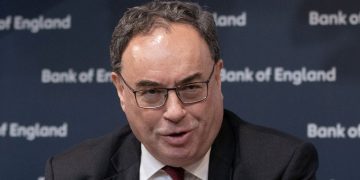Today’s market analysis on behalf of Ahmad Assiri Research Strategist at Pepperstone
Gold experienced a significant 3% drop earlier this week, falling from $2,721 to find robust support near $2,607, with prices now stabilising in the $2,630 range. This move reflects a recalibration of the geopolitical risk premium that had been baked into the yellow metal’s price. The ceasefire deal between Lebanon and Israel has notably reduced immediate geopolitical tensions in the Middle East, a key factor that had driven gold prices higher. This truce, holding steady for now, has eased concerns of broader regional escalation.
Despite this relief, gold remains supported by strong buying interest at lower levels, signaling that investors continue to see the metal as a reliable hedge in adverse market conditions. The ongoing Russia-Ukraine conflict remains a key driver of geopolitical risks, keeping it firmly on the market’s radar. Trump 2.0, with campaign promises of ending the Ukraine war, has raised expectations of policy shifts. However, concrete actions would only take effect after the presidential inauguration on January 20, leaving a seven-week window of uncertainty in the interim where geopolitical tensions could continue to influence market dynamics.
Technically, gold appears to have entered a sideways trading range, with volatility subsiding as it hovers around the $2,630 level. However, renewed escalations in either the Middle East or Eastern Europe could quickly reignite volatility, pushing gold out of this range and driving prices higher.
Zaid Barem



 ENFIELD
ENFIELD HACKNEY
HACKNEY HARINGEY
HARINGEY ISLINGTON
ISLINGTON









